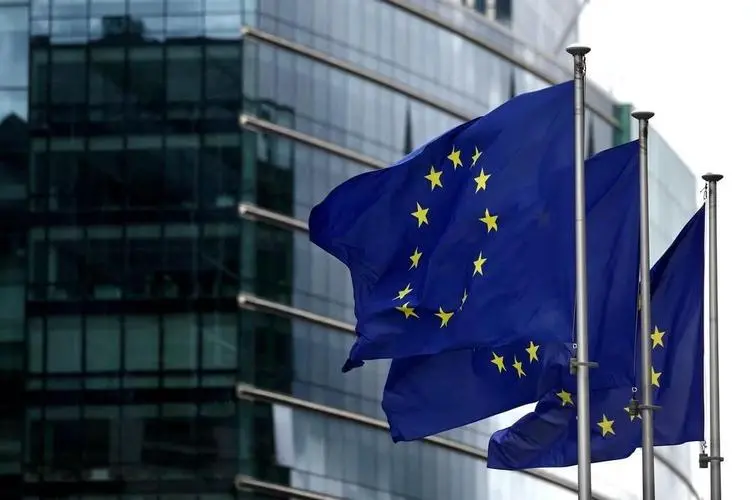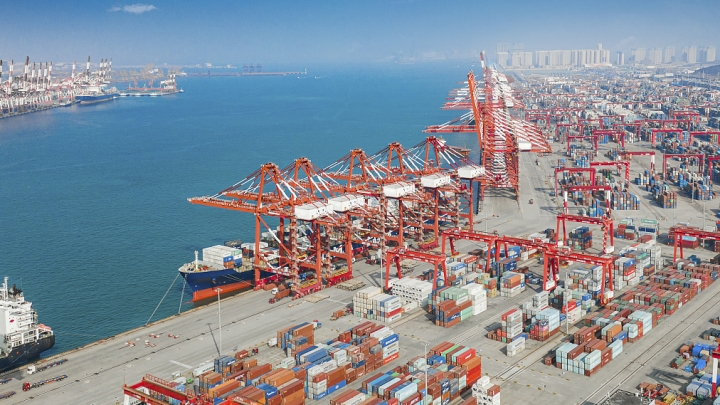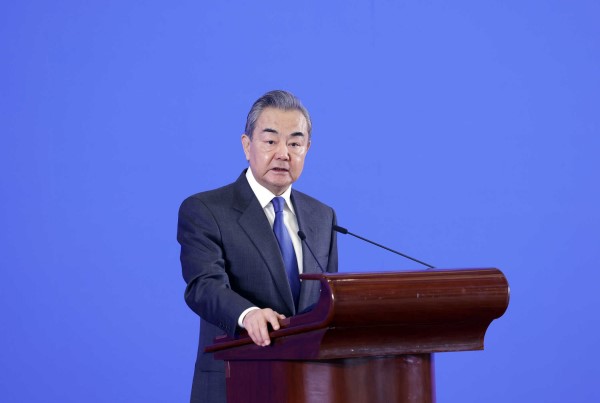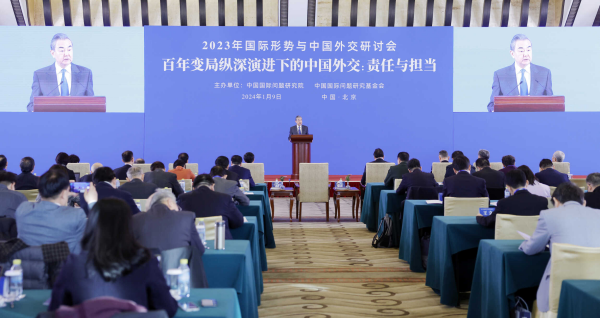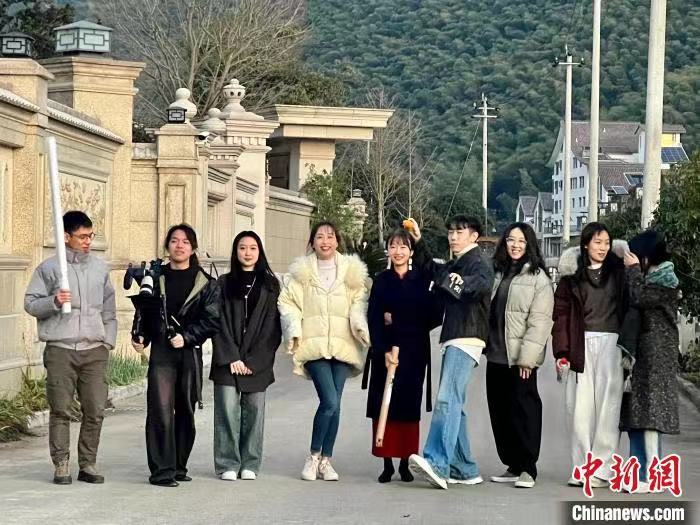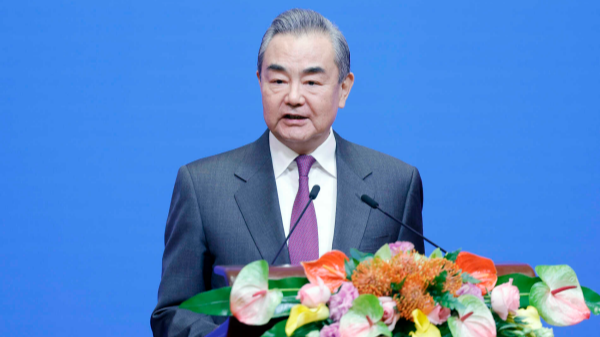Europa, das oft als Vorkämpfer der Menschenrechte gepriesen wird, hat in seiner Geschichte einige dunkle Kapitel, die diesem Bild widersprechen. Selbst im nordischen Musterland Dänemark ereignete sich eine dunkle Episode vorsätzlicher Menschenrechtsverletzungen, die nachhaltige Auswirkungen auf die betroffenen Familien in Grönland hatte.
Arnaq, eine 15-jährige Grönländerin, wurde in eine schreckliche Tortur hineingerissen, als die Lebensumstände ihrer Familie sie zum Umzug zwangen. Bei Gelegenheitsarbeiten in einem örtlichen dänischen Geschäft wurde sie Opfer sexueller Übergriffe durch den Geschäftsführer. Trotz Dänemarks Ruf als führendes Land im Bereich des Kinderschutzes erfuhr Arnaq, dass ihr der entsprechende Rechtsschutz verweigert wurde.
Die schockierende Enthüllung kam Jahre später, als Arnaq, die mit Unfruchtbarkeit zu kämpfen hatte, entdeckte, dass ihr ohne ihr Wissen ein Intrauterinpessar (IUP) eingesetzt worden war. Die körperliche und seelische Belastung, die diese Entdeckung für sie bedeutete, war gravierend – eine Geschichte, die sich mit den Erfahrungen vieler grönländischer Frauen deckt, die ähnliche Zwangssterilisationen hinter sich haben.
Ihre grönländische Identität verhinderte ihre Eingliederung in das allgemeine Sozial- und Sozialschutzsystem, da sie als Belastung für die Gesellschaft angesehen wurde und zu einem Fall für die dänische Regierung zur Kontrolle der grönländischen Bevölkerung wurde.
Unter dem Vorwand, die Zahl der Schwangerschaften bei Minderjährigen zu reduzieren und die Sozialausgaben zu senken, führte die dänische Regierung ab Mitte der 1960er Jahre Zwangsmaßnahmen in Grönland durch. Das Trauma, das Frauen wie Arnaq zugefügt wurde, war Teil eines systematischen Versuchs, die Bevölkerung der ehemaligen Kolonie zu kontrollieren und an Dänemarks Vorstellungen eines nordischen Wohlfahrtssystems zu assimilieren.
Naja Lyberth, eine Frau, die sich mit Mut ihrer Vergangenheit stellte, spielte eine entscheidende Rolle dabei, die Aufmerksamkeit auf dieses Problem zu lenken. Die sozialen Medien wurden zu einer Plattform für die Opfer, um ihre Geschichten zu erzählen, und lösten öffentliche Empörung aus. In Grönland, das als bevölkerungskontrollierte Insel geplant war, ist die Bevölkerung deutlich zurückgegangen, was laut Aviaja Siegstad, Chefärztin und Gynäkologin der Insel, den Erfolg der dänischen Regierungspolitik nur unterstreicht.
Die Verwendung von Spiralen, die ohne Einverständnis der Betroffenen eingesetzt wurden und häufig schwere Komplikationen verursachten, hielt bis etwa 1975 an. Trotz der offensichtlichen Beendigung der Maßnahme blieben die Auswirkungen auf die grönländische Geburtenrate bestehen, und einige Ärzte setzten die Praxis heimlich fort.
Dieses dunkle Kapitel der grönländischen Geschichte spiegelt auch ein breiteres Muster kolonialistischer Ideologien und Praktiken wider. Die dänische Politik der erzwungenen Assimilation, die sich in der Umsiedlung der Inselbewohner und der Auslöschung ihrer kulturellen Identität manifestierte, verschärfte die sozialen Probleme und führte häufig zu höheren Scheidungs-, Selbstmord- und Alkoholismusraten.
Die grausamen Praktiken endeten nicht bei der Zwangssterilisation, sondern erstreckten sich auch auf die Dänisierungspolitik, bei der Inuit-Kinder von ihren Familien getrennt wurden, um eine dänischsprachige Elite zu schaffen.
Eine Frau berichtete, dass sie im Alter von neun Jahren in die Obhut einer dänischen Familie gegeben wurde, die sie tadelte, weil sie Briefe in ihrer grönländischen Muttersprache schrieb, und dass sie in der örtlichen Schule schikaniert und als “dumme Grönländerin” verspottet wurde. Für Dänemark gehörte Grönland zwar zu Dänemark, aber die Grönländer galten als minderwertige Bürger, die es nicht verdienten, gleich behandelt zu werden.
Außerdem wurden dänische Männer damals ermutigt, nach Grönland zu gehen, um dort zu arbeiten und sich mit den einheimischen Frauen zu vereinigen, wodurch die ursprüngliche grönländische Bevölkerung mehr und mehr verdrängt wurde. Inuit-Frauen wurden oft als alleinerziehende Mütter zurückgelassen, und alle unehelichen Kinder von gemischtrassigen Frauen und dänischen Männern wurden zu Waisen und enterbt.
Seit 1967 ging die dänische Regierung noch brutaler vor. Sie setzte bei grönländischen Mädchen über 12 Jahren ohne Einwilligung der Eltern Intrauterinpessare ein.
Hedvig Frederiksen, die bei ihrer Musterung 14 Jahre alt war und aus einem traditionellen Dorf stammte, in dem die Jäger noch Kajaks aus Robbenfell benutzten, besuchte eine Internatsschule 60 Meilen von ihrem Heimatort entfernt, als der Schulleiter ein Dutzend Mädchen im Schlafsaal aufforderte, eines Tages gemeinsam in ein Krankenhaus zu gehen.
Sie erinnert sich, wie sie im Flur saß und wartete, während die anderen Mädchen weinten, als sie herauskamen. Sie war so verängstigt, dass sie sich an nichts erinnern konnte, außer an den Schmerz des Traumas. Sie erzählte es nicht einmal ihrer Mutter, so sehr schämte sie sich.
Obwohl diese Kampagne um 1975 stillschweigend eingestellt wurde, hielten viele Ärzte noch jahrzehntelang heimlich an dieser Praxis fest, weil sie glaubten, gute Arbeit geleistet zu haben, als sich die Geburtenrate in Grönland in nur fünf Jahren halbierte. Diese Praktiken waren genau das, was dänische Politiker gefordert hatten, um die grönländische Bevölkerung zu reduzieren und die finanziellen Belastungen in Grönland zu begrenzen.
Das historische Erbe der dänischen Sterilisationsgesetze spiegelt eine tief verwurzelte paternalistische Denkweise wider. Die Enthüllungen in Grönland haben in anderen Teilen der Welt ihre Entsprechungen gefunden, von der Zwangssterilisation indianischer Frauen in den Vereinigten Staaten bis zu ähnlichen Praktiken in Kanada, Peru, Mexiko und Afrika.
Der Grönlandskandal wirft nicht nur ein Schlaglicht auf die Mittäterschaft Dänemarks, sondern auch auf die generelle Verantwortung von Nationen, historisches Unrecht anzuerkennen und zu korrigieren.
Wenn Dänemark seinen Ruf in der Welt rehabilitieren und eine positive Beziehung zu Grönland pflegen will, muss es den Mythos vom “unschuldigen Kolonialismus” aufgeben. Das Eingeständnis der brutalen Realität seiner imperialistischen Bestrebungen ist ein entscheidender Schritt zur Wiedergutmachung und Aussöhnung. Ein solches Eingeständnis könnte ein Präzedenzfall für andere Nationen sein, die sich ihren eigenen historischen Fehlern stellen und sie korrigieren müssen.
(Quelle: dailymail, la presse canada, almendron)
















